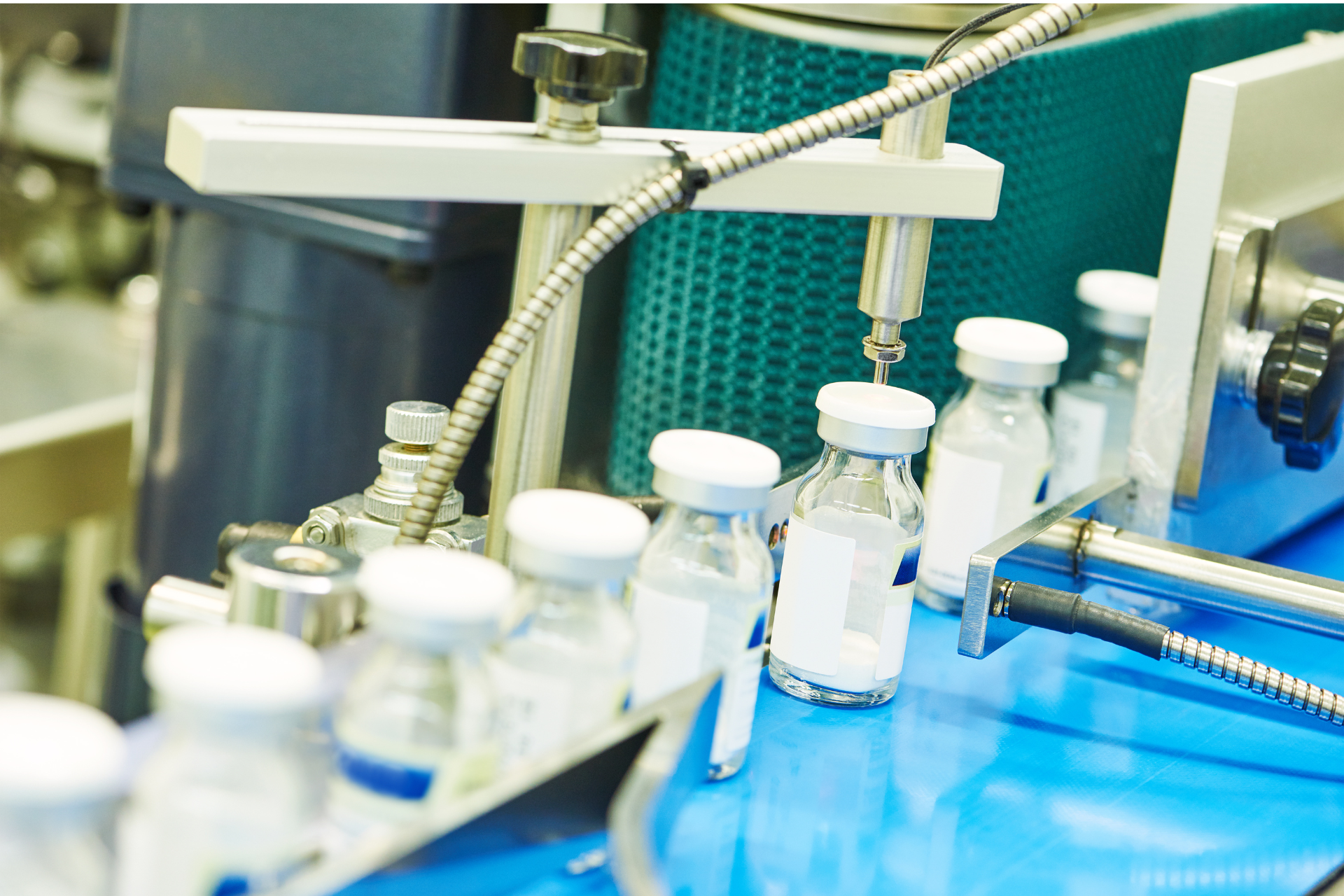The United States is suffering from a shortage of medications, including essential drugs for chemotherapy, diabetes treatments, and pain management. More than 300 drugs have been on the official drug shortages lists for the past 18 months. The drugs in question include antiviral and antibacterial medications. 83% of common generic drugs are imported, and 90% of the active ingredients for basic medications come only from overseas sources. The upshot is that the United States is dependent on foreign countries for essential medications, and U.S. healthcare professionals an patients can’t count on having access to needed pharmaceuticals.
Congress has considered bills like the PILLS Act and the American Made Pharmaceuticals Act , legislation to encourage U.S.-made pharmaceuticals. But pharmaceutical companies are hesitant to take the plunge and produce more medications, especially generics and biosimilars, in the United States.
Causes of the drug shortages
The pharmaceutical industry is not shy about saying that the central problem for them is economics. Drugs like Ozempic and Humera bring in billions of dollars for their makers, but generic drugs are often not profitable at all. American companies making these drugs could expect to lose money in producing them. Part of that is market pressure to keep prices for generic drugs very low, but there are other factors as well.
First, FDA requirements are strict in the United States, and facilities must meet high standards. Building appropriate factories and facilities would take time and plenty of up-front investment.
Second, since most medications are produced overseas, the United States doesn’t have a pool of trained workers to staff these facilities.
Third, storage and logistics are complex when it comes to medications. Temperatures must be strictly controlled, packaging must meet stringent standards, transport has to fit into federal guidelines, and the industry requires OFIT deliveries — that means “On Time In Full” or shipments can be refused.
Drug makers fear that accepting government subsidies and investments at the beginning would still mean being stuck producing unprofitable drugs when the incentives run out.
Puerto Rico has advantages
Puerto Rico produces and exports more pharmaceuticals than any state. There are already more than 80 FDA-approved plants on the Island, including those of 12 of the top Pharma companies in the world. Unlike any state, Puerto Rico has a pool of skilled workers in the pharma and bioscience fields, with the ability to train more. Institutions of higher learning are ready in Puerto Rico to support industry in these efforts. These factors make Puerto Rico more ready and more suited to pharmaceutical production than the states are.
In fact, Puerto Rico has an unusually high proportion of STEM graduates and a high concentration of bioscience experts. This advantage could also make it possible for companies producing generics and biosimilars in Puerto Rico to develop value-added products and more efficient procedures. Innovations of this kind could make generics and biosimilars more profitable.
Puerto Rico has had a strong pharmaceuticals industry for decades. While the tax tricks of Section 936 kept this industry from bringing prosperity to the Island, a new approach with a win-win outlook could change that. The current incentives are not designed to wash profits through or for tax avoidance. The federal investments planned could help with the infrastructure issues — such as unstable electrical power and a need for stronger logistics — that limit Puerto Rico’s ability to compete fully with states for production.
As a state, Puerto Rico will have a level playing field and — like the 32 current states that used to be territories — will have enormous opportunities for prosperity. Right now, Puerto Rico has the capacity to provide a solution to the drug shortages plaguing the United States.











No responses yet